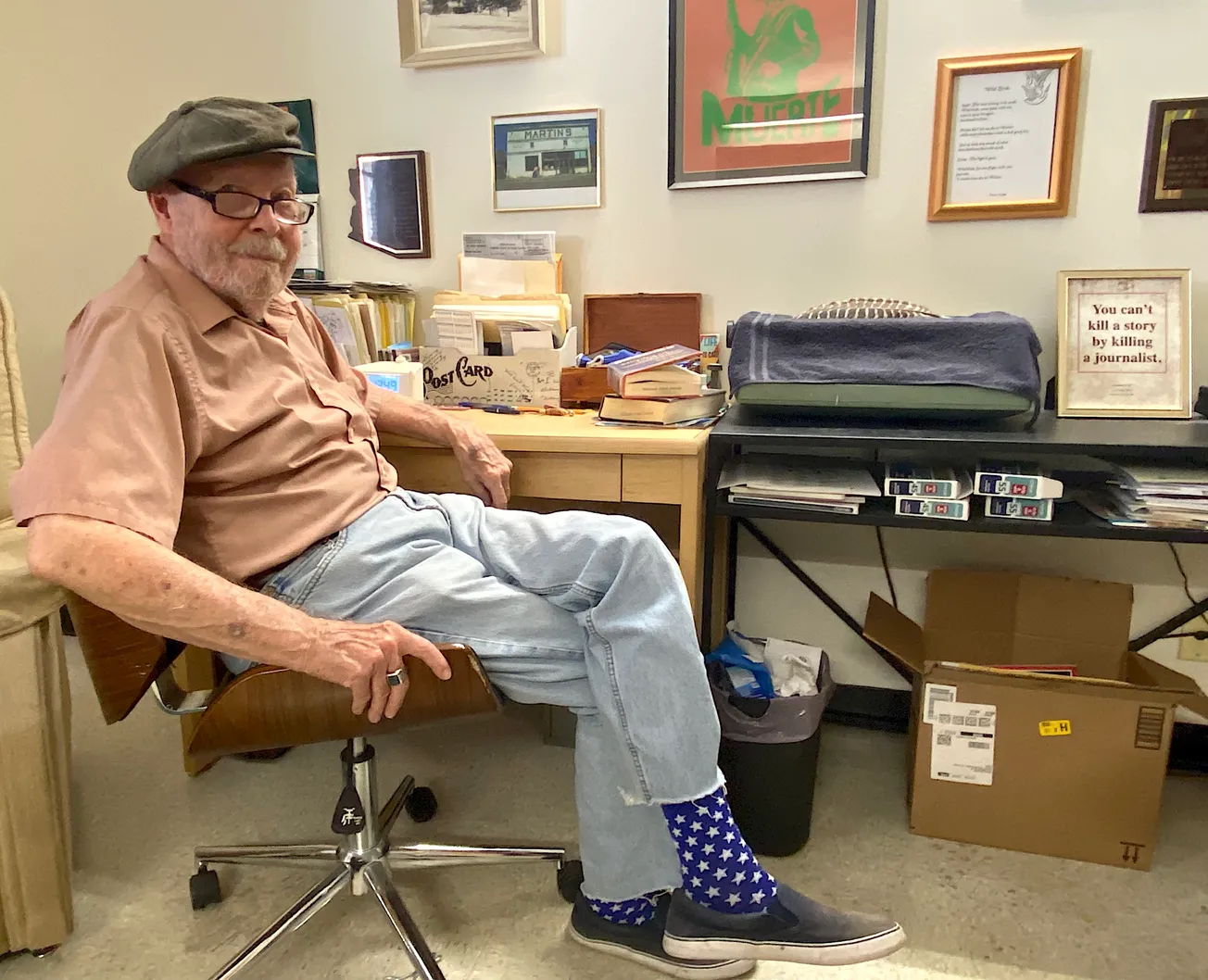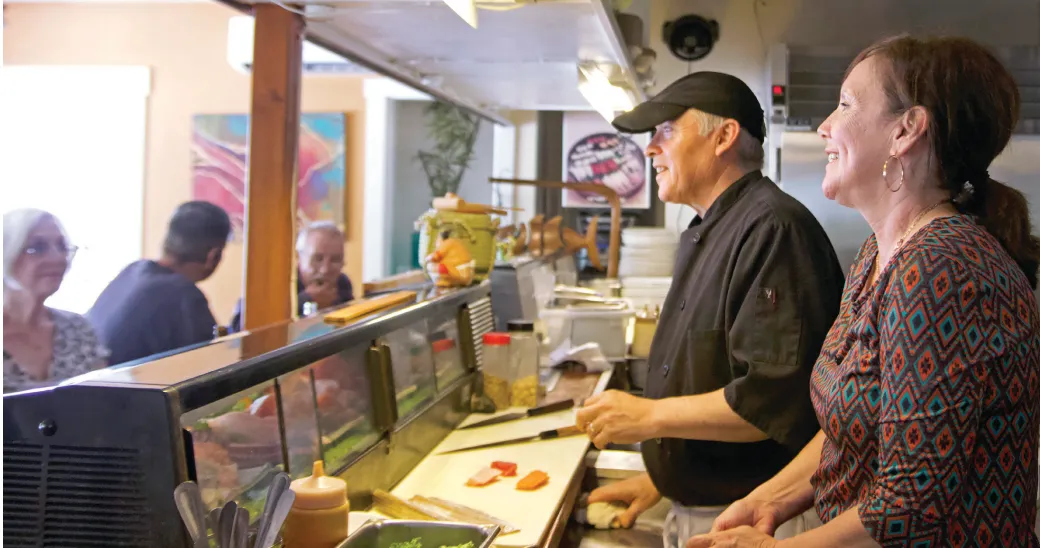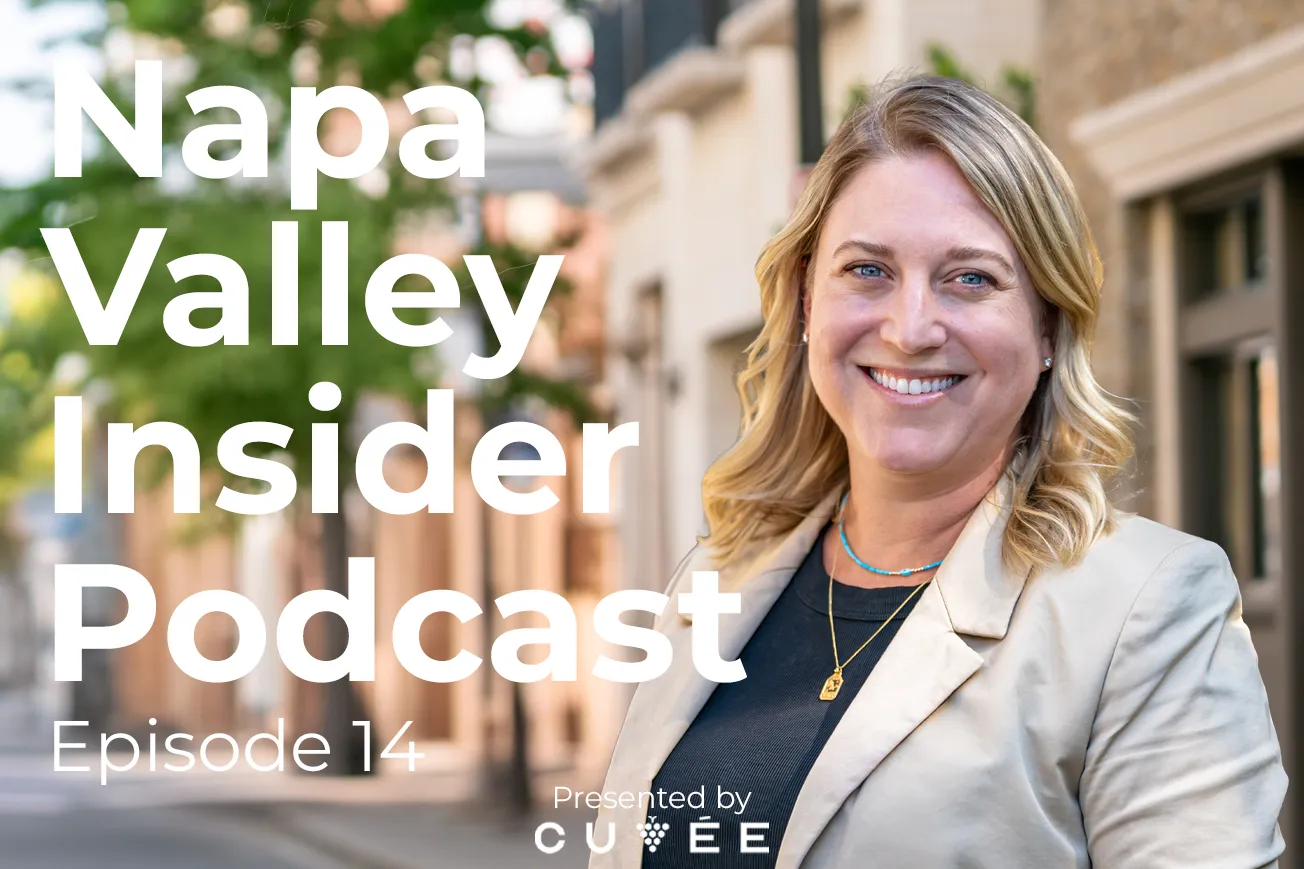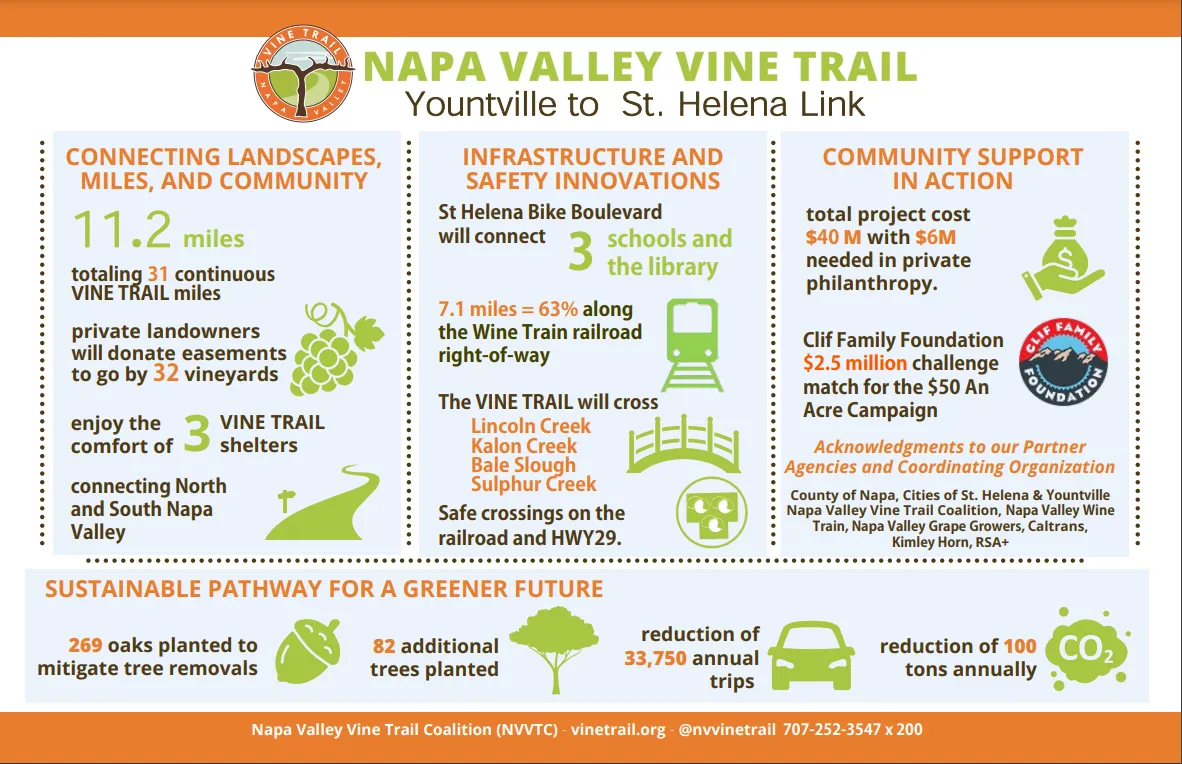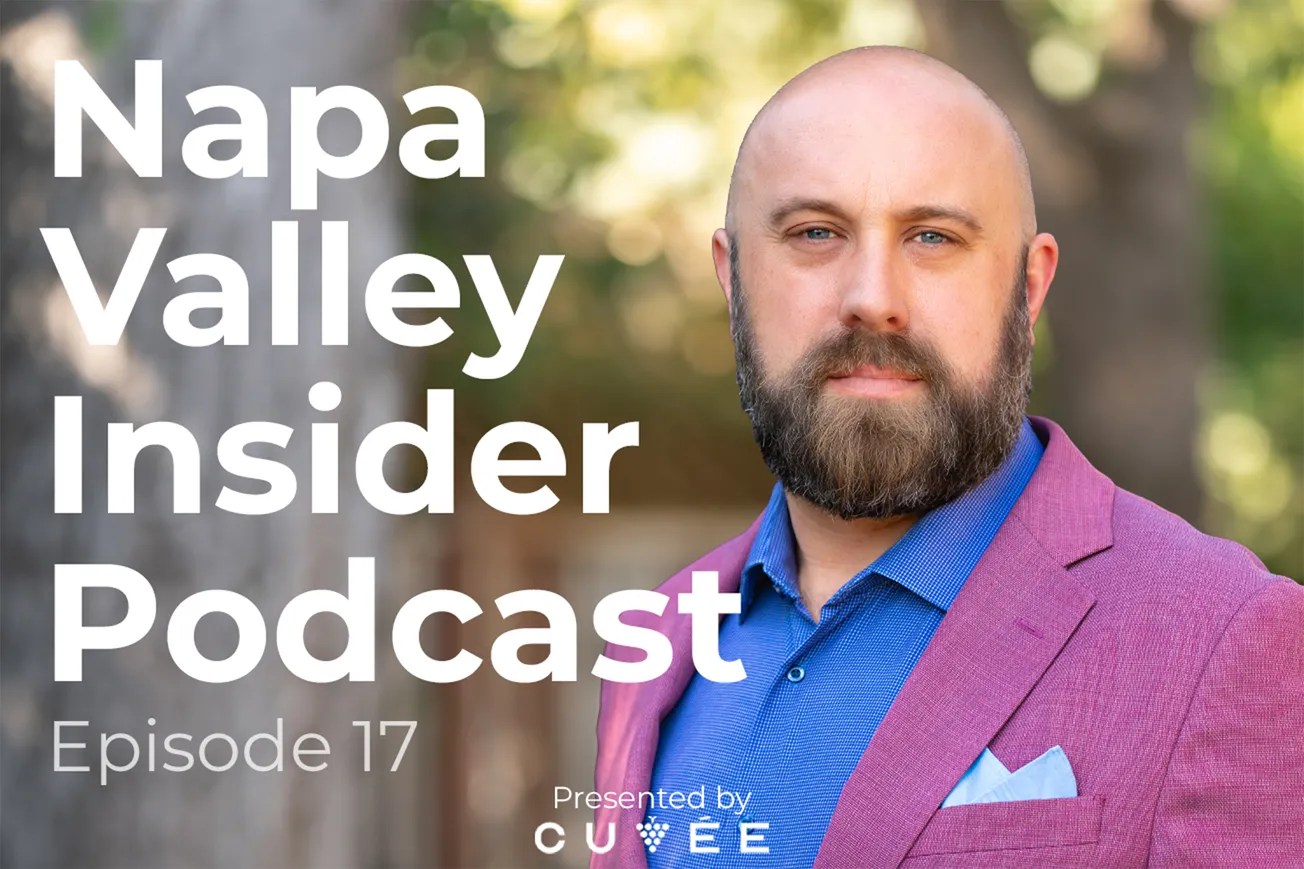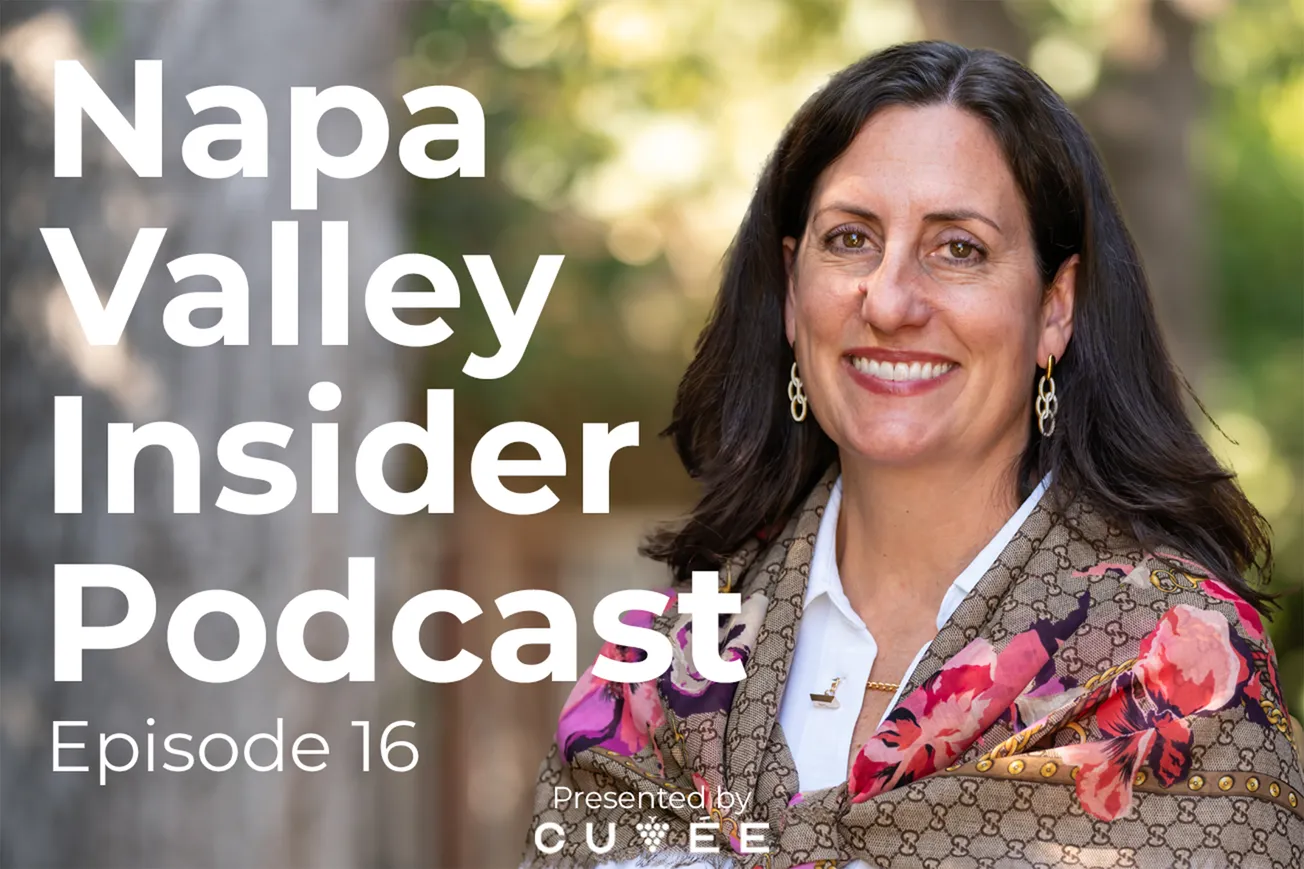The stories that makeup Don Devereux’s life are the kind that fill dramatic novels and Hollywood films.
An Army veteran who was on the front lines at the height of the Cold War, the now 90-year-old investigative reporter has also been sued at least a half dozen times, shot at twice, walked a mobster’s daughter down the aisle at her wedding, and brought to light the truth about a colleague’s murder – all while exposing corruption and organized crime in New Mexico and Arizona in the 1970s and ‘80s.
He spent 10 years as an investigator and producer on the NBC television show, Unsolved Mysteries, and was recruited by another colleague to support the work of The Chauncey Bailey Project – a coalition of journalists formed to probe the 2007 killing of the Oakland Post editor.
Devereux’s work as a journalist earned him several awards, including two Pulitzer Prize nominations and being named a finalist for state news person of the year in 1981 by the Arizona Press Club.
“I’ve had a great time. I’ve had probably more fun than almost anybody I know,” Devereux told the Sun during a recent interview. "I did it as a freelancer so I made a lot less money than I would have made on salary, but I controlled what I did. I survived making a living at it, barely. But my kids are all through college, and it all worked out.
"And, I had a freedom that not many journalists enjoy, including the freedom to work on stories that took years,” Devereux added.
It is his reporting and research on the 1976 murder of Phoenix journalist Don Bolles that still occupies some of his time, including appearing on podcasts and informing documentary filmmakers on the subject.
Bolles was working as an investigative reporter for the Arizona Republic when on June 2, 1976, he was lured to a hotel for a meeting with a man involved in a story he was working on about organized crime in the dog racing industry. The man didn’t show, and when Bolles returned to his vehicle to leave, a bomb that had been placed under his car beneath the driver’s seat detonated, critically injuring the 47-year-old reporter. Bolles died in the hospital 11 days later, after suffering burns and losing three limbs.
Devereux had previously worked with Bolles on occasion, including one story that put a stop to a large development on Native American land near Santa Fe, New Mexico, that involved mob ties and corrupt government officials.
In the wake of Bolles’ death, a national collaborative founded in 1975 – Investigative Reporters and Editors or IRE – created the Arizona Project to continue Bolles’ crusade against the rampant corruption in the state at that time.
Some 40 journalists from across the country – Devereux among them – descended on Arizona to take up the slain reporter’s work. Their message: “Even if you kill a reporter, you can’t kill the story.”
During that period, the Bolles homicide was prosecuted and two men were convicted of the crime and sent to prison.
The Arizona Project crew published some 23 stories about corruption in the state before it disbanded and the journalists went their separate ways.
Some years later, Devereux said, he moved to Phoenix from Santa Fe and was contacted by Scottsdale Progress publisher John Marshall, who didn’t like how the Bolles murder case had been handled.
“He thought that they had screwed it up and when he discovered that I was back in town, he tried to persuade me to take another look,” Devereux said. “I put him off for a couple of years but then I took a look, and within a couple of months, I was convinced that the two guys who had been convicted were recipients of an unfair trial. And then a few months after that, I became even further convinced that they weren’t even guilty; that this whole thing was just a complete house of cards.”
During his investigation, Devereux uncovered many irregularities and facts about the case that involved – again – mob ties, pay-offs, a corrupt state Attorney General, and a frame job.
“I got the two guys off death row that initially had been convicted,” said Devereux. “My second Pulitzer nomination was based on my going after the official verdict.”
As for how he went about his work, he said, there were no stones he left unturned.
“I did trash surveillance. I was a dumpster diver. I had mob sources – I worked both sides of the street – I had law enforcement sources and mafia sources. I talked to everybody. And I had lots of information coming to me that wasn’t coming to everybody else," Devereux said. "Reporters in Phoenix at that time didn’t do things like that, talk to the mob, they were the bad guys.”
An Arizona mobster named Buddy Tocco was Devereux’s first contact in the mafia world. Devereux learned that the crime figure, whose brother Al was “a big shot [mobster] in Chicago," owned a bar in Phoenix so he started hanging out there and got to know him so well that Tocco even had the reporter over to his house several times for dinner with his wife and children.
This is how, years later, Devereux ended up walking one of Tocco’s daughters down the aisle at her “big mob wedding.”
Buddy Tocco was “in the joint” at the time, Devereux said, and another of Buddy's brothers was supposed to serve as the girl’s escort. Angry, however, that both Buddy’s wife and mistress had befriended each other and were together at the wedding, the uncle stormed out, leaving the bride-to-be alone at the back of the church. Devereux said he was the only guy “of a certain age” at the back of the church so when she asked him, he happily obliged.
“There’s probably a photograph because I’m sure there was at least one FBI agent in the crowd with his Minox camera getting Devereux walking down the aisle with the mobster’s daughter,” he said, smiling. “But I walked her down the aisle for her wedding, as any respectable guy would have done. She was not a mob figure. She used to come to my house [for my kids’ birthdays]. She was a lovely friend. But I had that level of relationship with my people. And it gave me really good access to information.”
The stories Devereux has both written and lived could fill volumes.
Between his time in the Army and the onset of his journalism career in the early 70s, he worked as a community organizer, using foundation grants to set up law centers and health clinics in the Santa Fe area. A grad school dropout with a bachelor’s degree in political science, Devereux also held jobs as a radio DJ, a forester and a bouncer at a bar.
An entire book could be written about his 13-month Cold War stint at Thule Air Force Base in Greenland, just 950 miles from the North Pole and Russian airspace. Working as a clerk on loan to the Air Force, Devereux and the 35 other servicemen stationed at the base watched almost daily as B52 bombers loaded with nuclear weapons took off and landed at different intervals so that some would always be airborne if the call came in to nuke Russia.
Devereux was a private who basically ended up running logistics at the facility because the Air Force kept sending disreputable commanding officers who either drank too much or were unhappy about their assignment so they rarely showed up for work. Devereux also recalled he and a buddy spending months filling a cave they had discovered a few miles from the base with c-rations. One reason was to hide the fact that no one was eating them – crew members were procuring ‘real’ food through a black market system – and the other was as a backup plan if they had to evacuate the base.
These days, Devereux spends his time mostly inside his dormitory room on the Veterans Home campus, where he moved to just seven months ago. He eats two meals a day – brunch in his room and dinner at the dining hall – listens to music (Opera), reads crime novels and still works with those interested in documenting the Bolles case.
“I think it’s important to try to set the record straight,” Devereux said. “Killing a reporter is the ultimate insult to the First Amendment and it needed to be solved. I’m sorry it wasn’t solved in its time. But I’m happy that, at least at this point, the record has been laid out and is now being examined.”
To read more about Devereux and his work on the Bolles case, visit dondevereux.com


